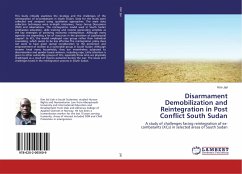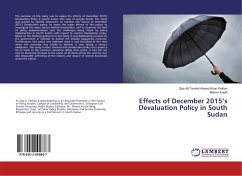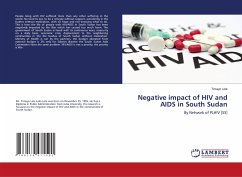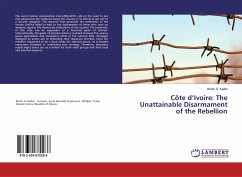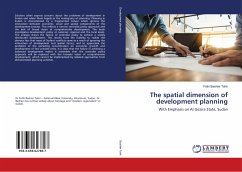This study critically examines the strategy and the challenges of the reintegration of ex-combatants in South Sudan. Data for the study were collected and analyzed using qualitative approaches. The main data collection techniques were in-depth interviews, Focus Group Discussions (FGD) and observations. The reintegration model used in South Sudan emphasizes education, skills training and income generating activities as the key strategies of achieving economic reintegration. Although many agencies are expending a lot of resources in the provision of psychosocial support to XCs, the model employed uses group rather than individual counseling, which seems to be less effective.The reintegration policy does not seem to have given special consideration to the protection and empowerment of women as a vulnerable group in South Sudan. Although women head many households, they are nevertheless subjected to discrimination and gender based violence, including rape. Little attention is given to other vulnerable groups of XCs, especially those who are physically challenged as a result of injuries sustained during the war. The issues and challenges faced in the reintegration process in South Sudan.
Bitte wählen Sie Ihr Anliegen aus.
Rechnungen
Retourenschein anfordern
Bestellstatus
Storno

